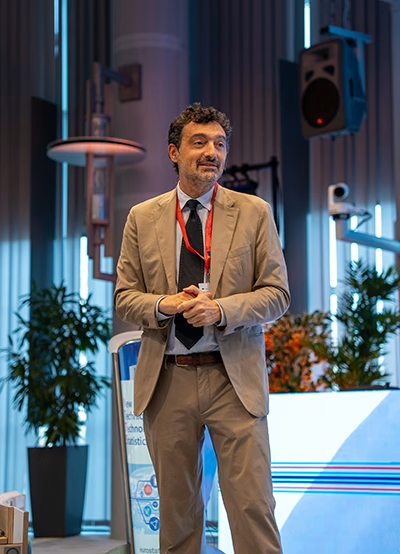
The University of Malta continues to strengthen its reputation as a hub for academic excellence and international debate by actively participating in global discussions on vital civic and statistical issues. Recent engagements, such as Dr. Luca Di Gennaro’s keynote speech at the European Commission’s international conference, showcase the university’s dedication to advancing knowledge in the fields of democracy and official statistics. This article explores the significance of these topics, the university’s role in fostering scholarly discourse, and how such initiatives contribute to Malta’s standing in the global academic community.
Understanding the Role of Official Statistics in Democratic Societies
Official statistics serve as the backbone of transparent and accountable governance. They provide essential data for policymakers, researchers, and citizens to assess a country’s socio-economic health and democratic processes. The University of Malta, through its faculty experts like Dr. Luca Di Gennaro, emphasizes the critical link between accurate data collection and fostering genuine democracy. Erroneous or incomplete statistics can undermine electoral integrity, policy development, and public trust.
During his keynote at the European Commission’s conference, Dr. Di Gennaro addressed fundamental questions about the relationship between democracy and official statistics. He highlighted research published in the Statistical Journal of the IAOS that established a strong correlation between the quality of official statistics and the robustness of democratic processes. In particular, he noted that elections rely heavily on credible, comprehensive data to ensure fairness and legitimacy.
University of Malta’s Contributions to International Academic Discourse
Malta’s premier university actively participates in worldwide forums to address pressing societal issues. The recent conference, organized by Eurostat, attracted scholars and policymakers from across Europe and beyond, creating a platform for exchange of innovative methodologies and research findings. Dr. Di Gennaro’s presentation on the relationship between democracy and official statistics underscored the university’s role in advancing academic thought on critical governance tools.
Furthermore, the university’s participation extends beyond conferences. Initiatives include hosting workshops, seminars, and collaborative research projects focused on data quality, statistical techniques, and policy implications. These efforts aim to support Malta’s national development by integrating university expertise into practical governance frameworks.
The Impact of Malta’s Academic Community on Regional and Global Needs
Malta’s academic community, with institutions like the University of Malta at the forefront, contributes towards regional stability, economic development, and democratic resilience. By engaging in high-level discussions on official statistics, Malta positions itself as a reliable partner in European and international governance dialogues.
Participation in events such as the NTTS conference not only elevates Malta’s academic profile but also promotes the country’s strategic interests. These gatherings foster collaborations that can lead to improved statistical infrastructures, better data governance, and ultimately, stronger democratic institutions in Malta and neighboring regions.
Promoting Education and Research in Democracy and Official Statistics
The University of Malta offers comprehensive courses, workshops, and research programs dedicated to public policy, economics, and statistics. These initiatives aim to equip students and researchers with up-to-date knowledge and practical skills necessary for advancing transparency and accountability in governance.
Students participating in these programs benefit from direct engagement with experts like Dr. Di Gennaro and opportunities to contribute to impactful research. Such academic pursuits ensure a continuous pipeline of qualified professionals committed to strengthening democracy through sound statistical practices.
Reaffirming the University of Malta’s Commitment to Democratic Transparency and Global Collaboration
The University of Malta’s active participation in international forums underscores its role in fostering informed, transparent, and democratic societies. Through scholarly contributions like Dr. Di Gennaro’s keynote speech, Malta reaffirms its commitment to advancing the understanding of how reliable official statistics underpin democratic processes. By investing in research, education, and international collaboration, the university continues to serve as a vital contributor to global development and good governance.
Discover what the University of Malta offers for international students. From diverse programs to a vibrant academic environment, it’s a great place to start your journey. Contact Studygram today to explore your options and get support with your application—fill out the form to get started!

